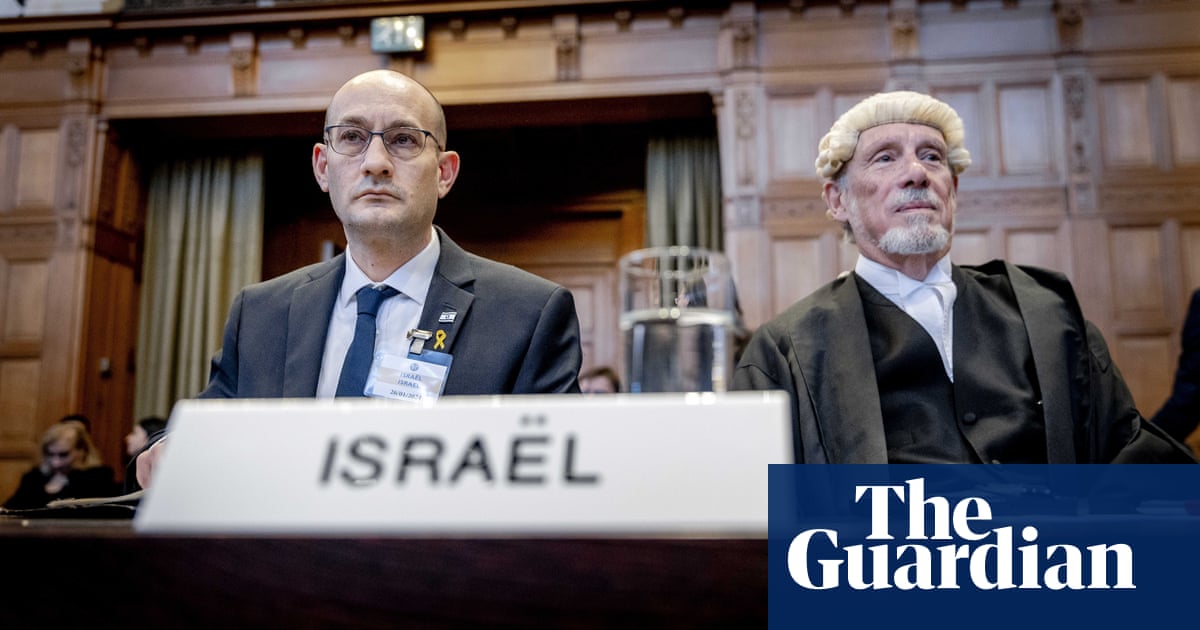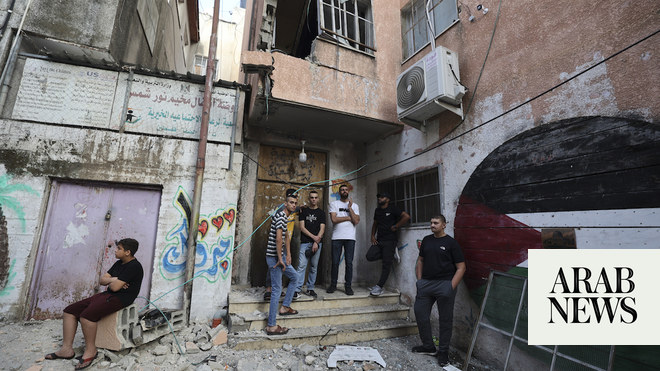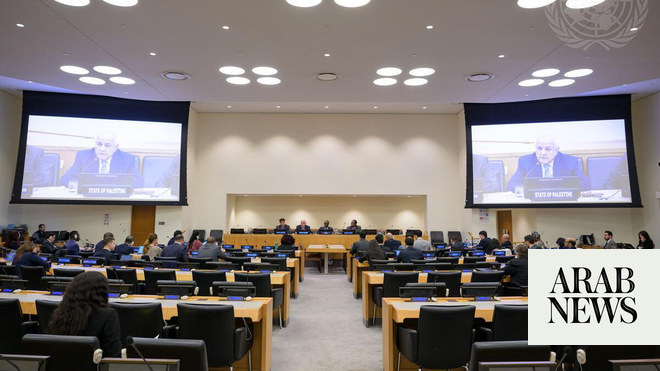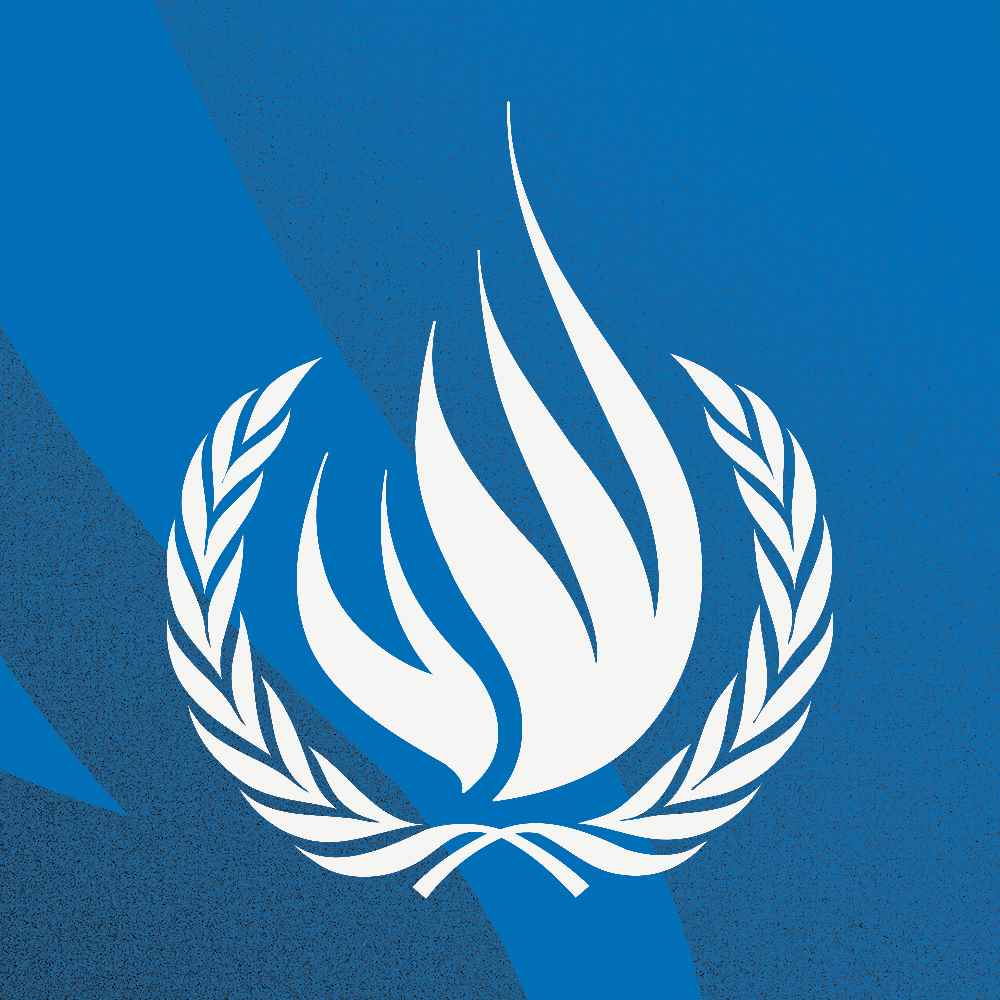
Israeli officials have accused the international court of justice of antisemitic bias and expressed dismay that a South African case alleging that the war in Gaza amounts to genocide was not thrown out altogether, after the court issued an emergency interim ruling.
The ruling on Friday said Israel must take “all measures in its power” to prevent acts of genocide in the Gaza Strip but stopped short of calling for a full ceasefire. It ordered six so-called provisional measures to be implemented to protect Palestinians, including orders for Israel to prevent death and destruction and enable the provision of basic services and humanitarian aid to the strip’s trapped population.
Israel’s prime minister, Benjamin Netanyahu, said in response that his country was committed to upholding international law as well as defending its people. “The vile attempt to deny Israel this fundamental right [to self-defence] is blatant discrimination against the Jewish state and it was justly rejected,” he said in a statement. “The charge of genocide levelled against Israel is not only false, it’s outrageous, and decent people everywhere should reject it.”
While Israel is often dismissive of the UN, alleging that the international organisation is biased against it, the country took the ICJ case very seriously, sending a robust legal team to The Hague that argued it had a right to defend itself after the 7 October Hamas attack.
Yoav Gallant, Israel’s defence minister – who was cited by the court president for calling Palestinians “human animals” at the start of the Israeli offensive – said: “The international court of justice went above and beyond when it granted South Africa’s antisemitic request to discuss the claim of genocide in Gaza, and now refuses to reject the petition outright.”
Itamar Ben-Gvir, Israel’s far-right national security minister, tweeted: “This court does not seek justice but rather the persecution of the Jewish people. Decisions that endanger the continued existence of the state of Israel must not be listened to. And we must continue defeating the enemy until complete victory.”
ICJ decisions are binding but the court has no power to enforce them. Recent interim rulings related to Russia’s invasion of Ukraine and Myanmar’s treatment of the Rohingya people. The full investigation into Israel’s conduct is likely to take years.
While Palestinians expressed disappointment that the panel of 17 judges did not issue a binding order to stop the hostilities in the three-month-old war, the ruling still carries significant legal ramifications that could amplify international political pressure on Israel.
Hamas, the militant group that seized control of Gaza in 2007 and killed 1,140 people in its unprecedented attack on Israel on 7 October, welcomed the ruling. The senior official Sami Abu Zuhri said on Friday: “The international court of justice ruling is an important development that contributes to isolating the occupation [Israel] and exposing its crimes in Gaza. We call for compelling the occupation to implement the court’s decisions.”
The West Bank-based Palestinian foreign minister, Riyad al-Maliki, said in a video statement that the ICJ order was “an important reminder that no state is above the law”, adding that the ruling “should serve as a wake-up call for Israel and actors who enabled its entrenched impunity”.
Daniel Machover, a co-founder of Lawyers for Palestinian Human Rights, called the ruling “massive and historic”. He said: “The judges fell at the last hurdle by not ordering a ceasefire, since stopping further loss of life was the combined aim of the South African application … the court could have ordered Israel to use policing methods to protect from attack.
“However, there has now been an authoritative international ruling that there is a plausible risk of genocide in Gaza and states have a legal obligation now to act to prevent that. Those measures could include things like halting arms sales.”
South Africa said the decision amounted to a ceasefire in all but name. “Israel will have to halt fighting in the besieged Gaza Strip if it wants to adhere to the orders of the international court of justice,” Naledi Pandor, the South African minister of international relations, said after the ruling. “How do you provide aid and water without a ceasefire? If you read the order, by implication a ceasefire must happen,” she told reporters on the steps of the seat of the court in The Hague.
South Africa filed a case against Israel before the court in December alleging that it was in breach of the UN’s genocide convention, signed in 1948 in response to the Holocaust. While acknowledging the particular gravity of bringing genocide charges against the Jewish state, founded in the aftermath of the second world war, Pretoria’s legal team said South Africa’s own history of apartheid was a key factor in the decision to file the case.
Lawyers for South Africa argued that the devastating loss of life in the Israeli campaign – now at about 26,000 people – as well as the forced displacement of 85% of Gaza’s 2.3 million-strong population and the denial of adequate healthcare, food and water, amounted to the “destruction of Palestinian life”.









